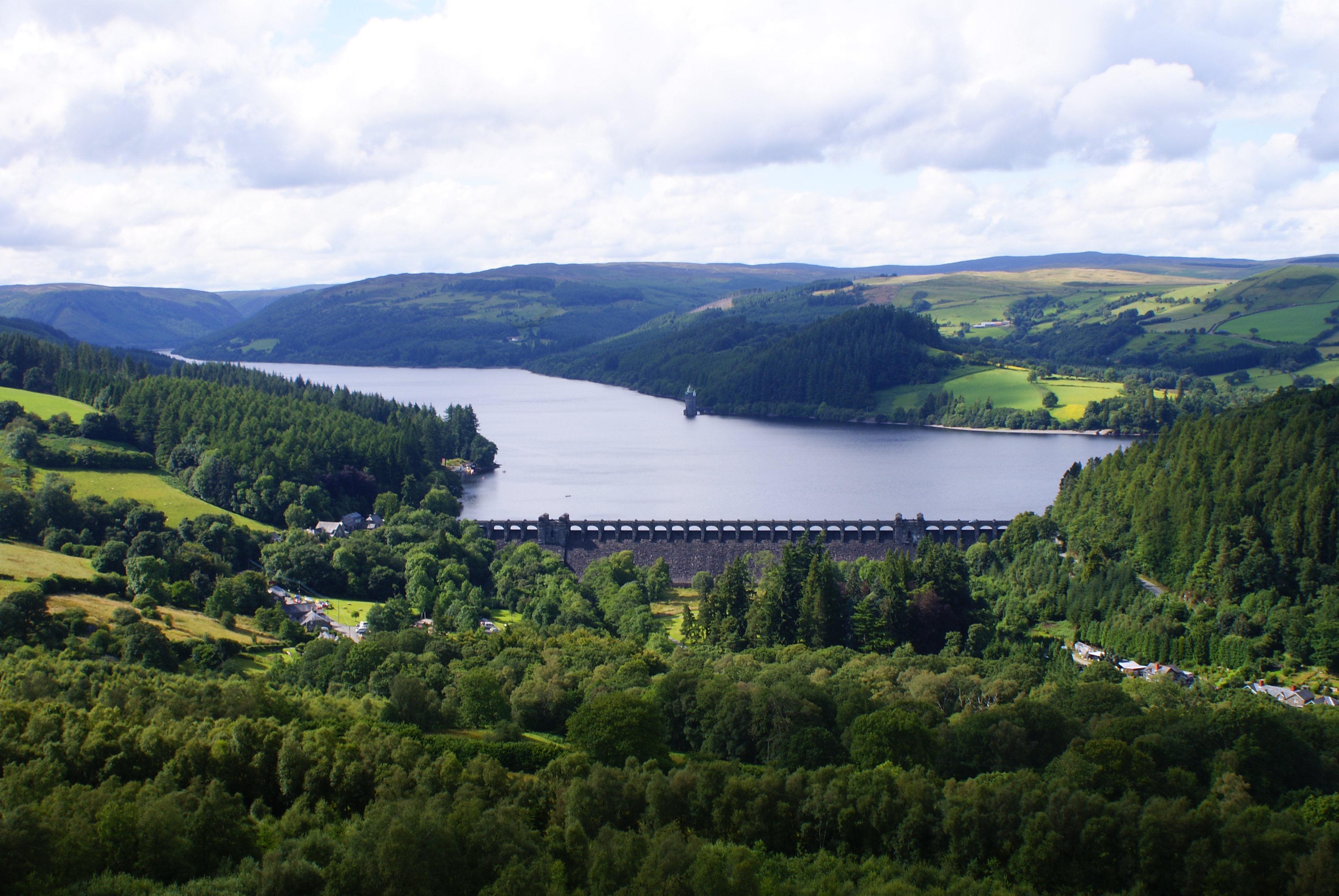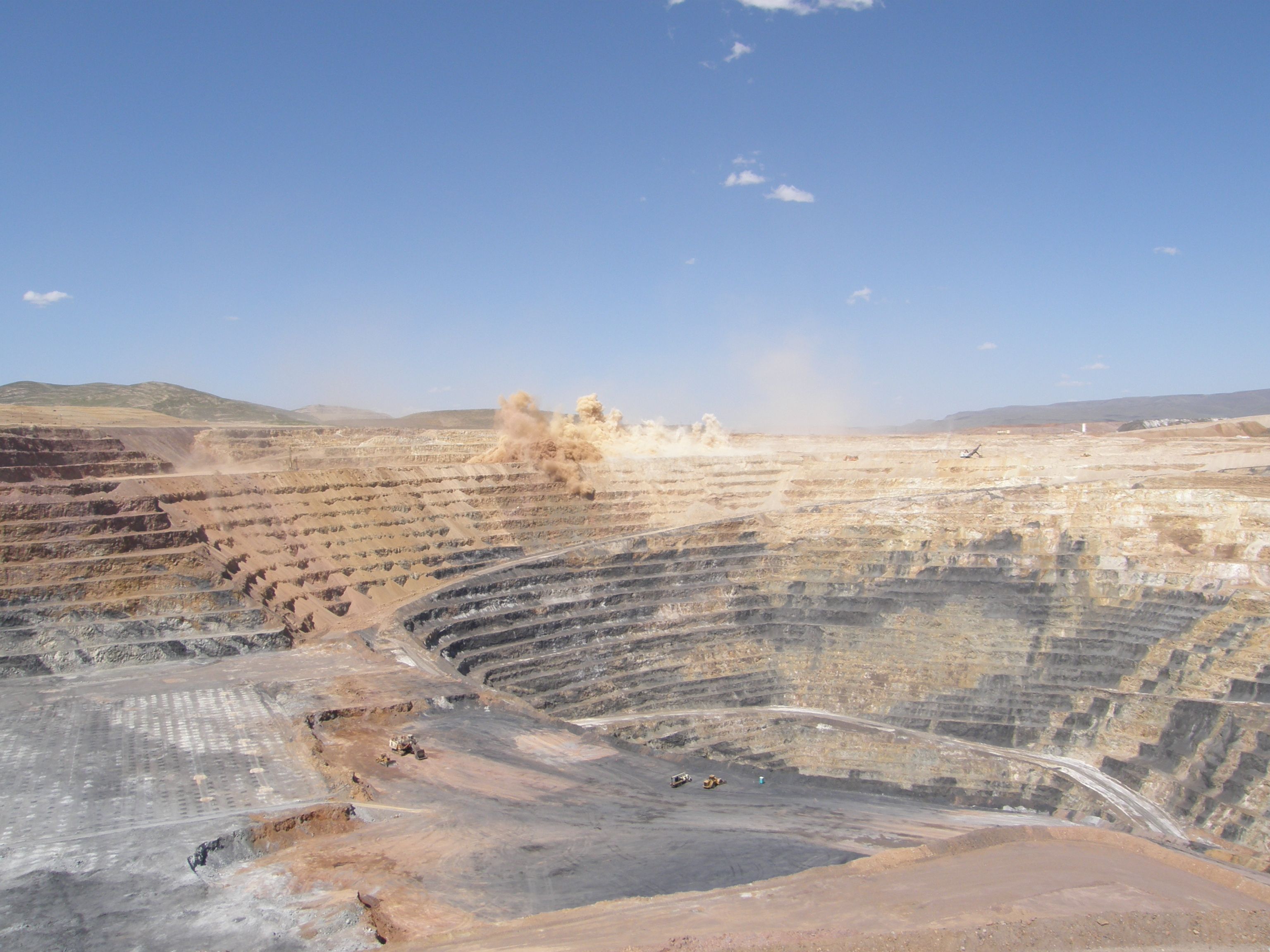|
Helenesee
Helenesee is a lake in Brandenburg, Germany. Its surface area is ca. 250 ha. With a depth of 56.63 m, the Helenseee is the second deepest lake in Brandenburg, only surpassed by the lake Großer Stechlinsee. It is situated approximately 8 kilometers in the south of Frankfurt (Oder). It was formed after the flooding of a former open-pit mining Open-pit mining, also known as open-cast or open-cut mining and in larger contexts mega-mining, is a surface mining technique of extracting rock or minerals from the earth from an open-air pit, sometimes known as a borrow. This form of mini ... which started in 1958. Lakes of Brandenburg Frankfurt (Oder) {{Brandenburg-geo-stub ... [...More Info...] [...Related Items...] OR: [Wikipedia] [Google] [Baidu] |
Frankfurt On The Oder
Frankfurt (Oder), also known as Frankfurt an der Oder (), is a city in the German state of Brandenburg. It has around 57,000 inhabitants, is one of the easternmost cities in Germany, the fourth-largest city in Brandenburg, and the largest German city on the river Oder. Frankfurt sits on the western bank of the river, opposite the Polish town of Słubice, which was a part of Frankfurt until 1945, and called ''Dammvorstadt'' until then. The city is located about east of Berlin, in the south of the historical region Lubusz Land. The large lake Helenesee lies within Frankfurt's city limits. The name of the city makes reference to the Franks, and means ''Ford (crossing), Ford of the Franks'', and there appears a Gallic rooster in the coat of arms of the city. The official name ''Frankfurt (Oder)'' and the older ''Frankfurt an der Oder'' are used to distinguish it from the larger city of Frankfurt, Frankfurt am Main. The city's recorded history began in the 13th century as a Polabian ... [...More Info...] [...Related Items...] OR: [Wikipedia] [Google] [Baidu] |
Brandenburg
Brandenburg (; nds, Brannenborg; dsb, Bramborska ) is a state in the northeast of Germany bordering the states of Mecklenburg-Vorpommern, Lower Saxony, Saxony-Anhalt, and Saxony, as well as the country of Poland. With an area of 29,480 square kilometres (11,382 square miles) and a population of 2.5 million residents, it is the fifth-largest German state by area and the tenth-most populous. Potsdam is the state capital and largest city, and other major towns are Cottbus, Brandenburg an der Havel and Frankfurt (Oder). Brandenburg surrounds the national capital and city-state of Berlin, and together they form the Berlin/Brandenburg Metropolitan Region, the third-largest metropolitan area in Germany with a total population of about 6.2 million. There was an unsuccessful attempt to unify both states in 1996 and the states cooperate on many matters to this day. Brandenburg originated in the Northern March in the 900s AD, from areas conquered from the Wends. It later bec ... [...More Info...] [...Related Items...] OR: [Wikipedia] [Google] [Baidu] |
Artificial Lake
A reservoir (; from French ''réservoir'' ) is an enlarged lake behind a dam. Such a dam may be either artificial, built to store fresh water or it may be a natural formation. Reservoirs can be created in a number of ways, including controlling a watercourse that drains an existing body of water, interrupting a watercourse to form an embayment within it, through excavation, or building any number of retaining walls or levees. In other contexts, "reservoirs" may refer to storage spaces for various fluids; they may hold liquids or gasses, including hydrocarbons. ''Tank reservoirs'' store these in ground-level, elevated, or buried tanks. Tank reservoirs for water are also called cisterns. Most underground reservoirs are used to store liquids, principally either water or petroleum. Types Dammed valleys Dammed reservoirs are artificial lakes created and controlled by a dam constructed across a valley, and rely on the natural topography to provide most of the basin of t ... [...More Info...] [...Related Items...] OR: [Wikipedia] [Google] [Baidu] |
Lake
A lake is an area filled with water, localized in a basin, surrounded by land, and distinct from any river or other outlet that serves to feed or drain the lake. Lakes lie on land and are not part of the ocean, although, like the much larger oceans, they do form part of the Earth's water cycle. Lakes are distinct from lagoons, which are generally coastal parts of the ocean. Lakes are typically larger and deeper than ponds, which also lie on land, though there are no official or scientific definitions. Lakes can be contrasted with rivers or streams, which usually flow in a channel on land. Most lakes are fed and drained by rivers and streams. Natural lakes are generally found in mountainous areas, rift zones, and areas with ongoing glaciation. Other lakes are found in endorheic basins or along the courses of mature rivers, where a river channel has widened into a basin. Some parts of the world have many lakes formed by the chaotic drainage patterns left over from the la ... [...More Info...] [...Related Items...] OR: [Wikipedia] [Google] [Baidu] |
Germany
Germany,, officially the Federal Republic of Germany, is a country in Central Europe. It is the second most populous country in Europe after Russia, and the most populous member state of the European Union. Germany is situated between the Baltic and North seas to the north, and the Alps to the south; it covers an area of , with a population of almost 84 million within its 16 constituent states. Germany borders Denmark to the north, Poland and the Czech Republic to the east, Austria and Switzerland to the south, and France, Luxembourg, Belgium, and the Netherlands to the west. The nation's capital and most populous city is Berlin and its financial centre is Frankfurt; the largest urban area is the Ruhr. Various Germanic tribes have inhabited the northern parts of modern Germany since classical antiquity. A region named Germania was documented before AD 100. In 962, the Kingdom of Germany formed the bulk of the Holy Roman Empire. During the 16th ce ... [...More Info...] [...Related Items...] OR: [Wikipedia] [Google] [Baidu] |
Großer Stechlinsee
Lake Stechlin or Großer Stechlinsee is a lake in Landkreis Oberhavel, Brandenburg, Germany. At an elevation of 60 m, its surface area is 4.52 km². The Stechlin cisco, a dwarfed fish, is found only in this lake. Theodor Fontane's last novel, '' Der Stechlin'', was set in its vicinity. Stechlinsee has a maximum depth of 69.5 metres, making it the deepest lake in the State of Brandenburg. It is also one of the clearest with a visual depth of up to 11 metres (average 6 metres). The water is of drinking quality. It is home to the Leibniz Institute of Freshwater Ecology and Inland Fisheries Gottfried Wilhelm (von) Leibniz . ( – 14 November 1716) was a German polymath active as a mathematician, philosopher, scientist and diplomat. He is one of the most prominent figures in both the history of philosophy and the history of math .... The Stechlin district is still one of the most important oligotrophic landscapes of Central Europe and a LIFE project was undertaken f ... [...More Info...] [...Related Items...] OR: [Wikipedia] [Google] [Baidu] |
Open-pit Mining
Open-pit mining, also known as open-cast or open-cut mining and in larger contexts mega-mining, is a surface mining technique of extracting rock or minerals from the earth from an open-air pit, sometimes known as a borrow. This form of mining differs from extractive methods that require tunnelling into the earth, such as long wall mining. Open-pit mines are used when deposits of commercially useful ore or rocks are found near the surface. It is applied to ore or rocks found at the surface because the overburden is relatively thin or the material of interest is structurally unsuitable for tunnelling (as would be the case for cinder, sand, and gravel). In contrast, minerals that have been found underground but are difficult to retrieve due to hard rock, can be reached using a form of underground mining. To create an open-pit mine, the miners must determine the information of the ore that is underground. This is done through drilling of probe holes in the ground, then plotting ... [...More Info...] [...Related Items...] OR: [Wikipedia] [Google] [Baidu] |
Lakes Of Brandenburg
A lake is an area filled with water, localized in a basin, surrounded by land, and distinct from any river or other outlet that serves to feed or drain the lake. Lakes lie on land and are not part of the ocean, although, like the much larger oceans, they do form part of the Earth's water cycle. Lakes are distinct from lagoons, which are generally coastal parts of the ocean. Lakes are typically larger and deeper than ponds, which also lie on land, though there are no official or scientific definitions. Lakes can be contrasted with rivers or streams, which usually flow in a channel on land. Most lakes are fed and drained by rivers and streams. Natural lakes are generally found in mountainous areas, rift zones, and areas with ongoing glaciation. Other lakes are found in endorheic basins or along the courses of mature rivers, where a river channel has widened into a basin. Some parts of the world have many lakes formed by the chaotic drainage patterns left over from the last ic ... [...More Info...] [...Related Items...] OR: [Wikipedia] [Google] [Baidu] |




_2020.jpg)